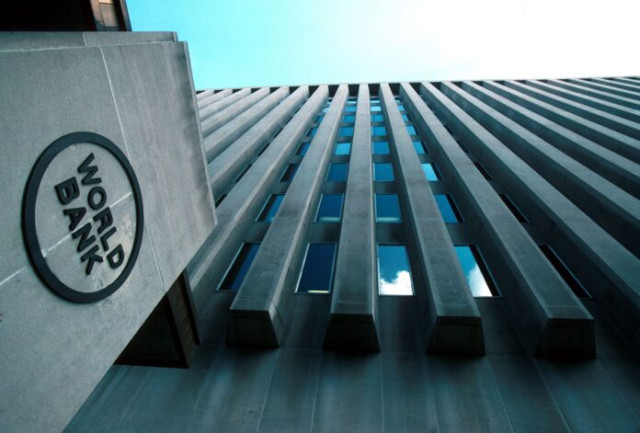The World Bank has approved $1.57 billion to fund three new initiatives in Nigeria, intended to assist the country in addressing governance issues in the education and healthcare sectors.
Others are improving primary healthcare services as well as increasing resilience to climate change through enhanced dam safety and irrigation infrastructure.
The new financing is coming about three months after the bank approved a total of $2.25 billion for the Nigeria Reforms for Economic Stabilisation to Enable Transformation (RESET) Development Policy Financing Programme (DPF) and Nigeria Accelerating Resource Mobilisation Reforms (ARMOR) Programme-for-Results (PforR).
The combined $2.25 billion package was designed to provide immediate financial and technical support to Nigeria’s urgent efforts to stabilise the economy and scale up support to the poor and most economically at risk.
Records show that with the new facility, Nigeria has so far secured about $6.2 billion World Bank funding since the emergence of the current administration under President Bola Ahmed Tinubu.
Concerning the new N1.57 billion, the World Bank Country Office in Nigeria said in a statement yesterday, that the funding would support the country in addressing governance challenges in education and healthcare, improving primary healthcare services, and increasing resilience to climate change through enhanced dam safety and irrigation infrastructure.
According to the statement, the approval which was made on September 26, 2024, highlights the World Bank’s commitment to strengthening Nigeria’s human capital and building resilience in the face of climate threats.
Providing further details, the World Bank stated that the financing package, which included $1.5 billion loan and a $70 million grant was part of broader efforts to improve key sectors such as education, healthcare, and water management, while also tackling poverty and boosting productivity.
The three major projects for which the $1.57 billion funding was targeted include the HOPE-GOV program, which will receive $500 million to improve governance in the education and health sectors.
This programme was designed to address underlying issues in financial and human resource management that have hindered service delivery.
The aim was to enhance transparency and accountability while ensuring that critical services such as basic education and primary healthcare reach the most vulnerable populations.
Another $570 million was earmarked for the Primary Healthcare Provision Strengthening Program (HOPE-PHC).




















